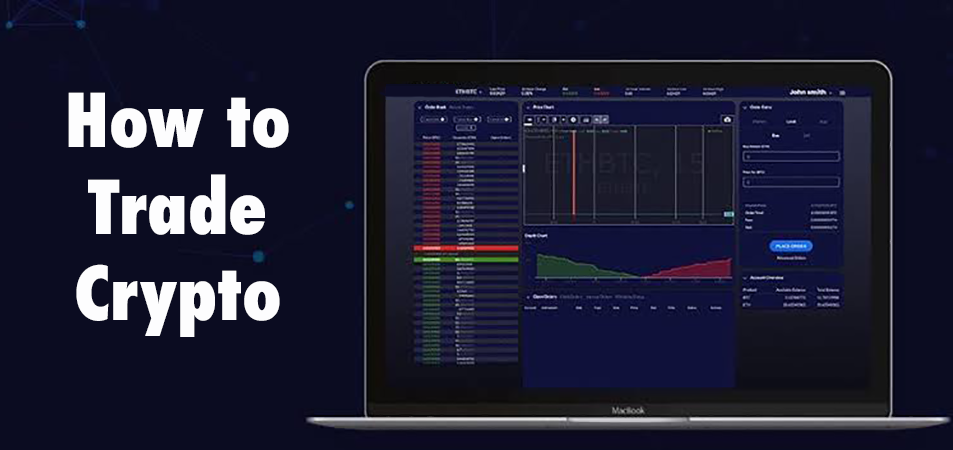Cryptocurrency trading is the act of hypothesizing on cryptocurrency cost movements through a CFD trading account, or buying and offering the underlying coins via an exchange. CFDs trading are derivatives, which enable you to hypothesize on cryptocurrency price motions without taking ownership of the underlying coins. You can go long (' buy') if you think a cryptocurrency will increase in value, or brief (' offer') if you believe it will fall.
Your profit or loss are still calculated according to the full size of your position, so leverage will magnify both profits and losses. When you buy cryptocurrencies by means Click here for more of an exchange, you purchase the coins themselves. You'll need to develop an exchange account, installed the amount of the asset to open a position, and keep the cryptocurrency tokens in your own wallet up until you're ready to offer.
Lots of exchanges also have limitations on how much you can deposit, while accounts can be really pricey to keep. Cryptocurrency markets are decentralised, which Click here implies they are not released or backed by a main authority such as a federal government. Instead, they run throughout a network of computers. Nevertheless, cryptocurrencies can be purchased and sold by means of exchanges and stored in 'wallets'.
 How to trade cryptocurrency: Easy mcdonaldauto.ning.com/profiles/blogs/trading-101-coindesk-2 tips ...finder.com
How to trade cryptocurrency: Easy mcdonaldauto.ning.com/profiles/blogs/trading-101-coindesk-2 tips ...finder.com
When a user wishes to send cryptocurrency units to another user, they send it to that user's digital wallet. The transaction follow this link isn't considered last up until it has been validated and added to the blockchain through a process called mining. This is likewise how new cryptocurrency tokens are typically developed. A blockchain is a shared digital register of tape-recorded data.
To select the very best exchange for your requirements, it is essential to fully understand the types of exchanges. The very first and most common kind of exchange is the central exchange. Popular exchanges that fall under this classification are Coinbase, Binance, Kraken, and Gemini. These exchanges are personal business that provide platforms to trade cryptocurrency.
The exchanges listed above all have active trading, high volumes, and liquidity. That said, centralized exchanges are not in line with the approach of Bitcoin. They work on their own private servers which develops a vector of attack. If the servers of the business were to be jeopardized, the entire system might be closed down for some time.
The larger, more popular central exchanges are by far the most convenient on-ramp for brand-new users and they even supply some level of insurance need to their systems stop working. While this is true, when cryptocurrency is bought on these exchanges it is stored within their custodial wallets and not in your own wallet that you own the secrets to.
Should your computer system and your Coinbase account, for instance, become compromised, your funds would be lost and you would not likely have the capability to claim insurance coverage. This is why it is essential to withdraw any large amounts and practice safe storage. Decentralized exchanges operate in the very same way that Bitcoin does.
Instead, believe of it as a server, other than that each computer within the server is spread out throughout the world and each computer system that comprises one part of that server is managed by a person. If among these computers switches off, it has no impact on the network as a whole because there are a lot of other computers that will continue running the network.